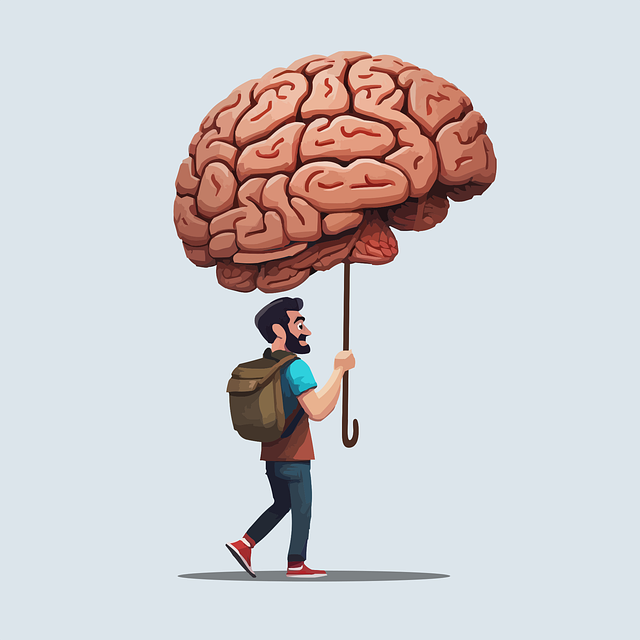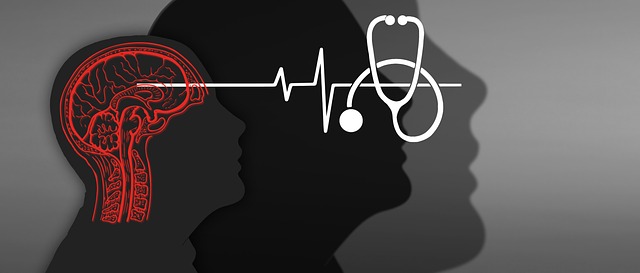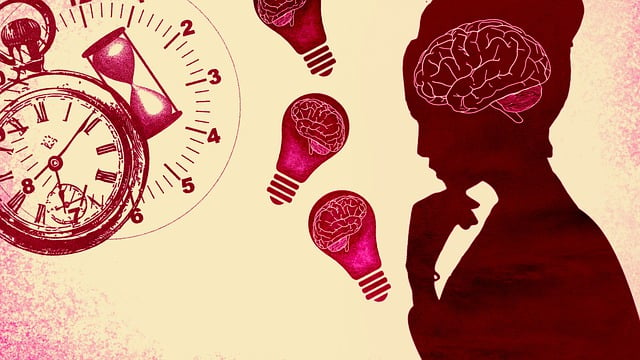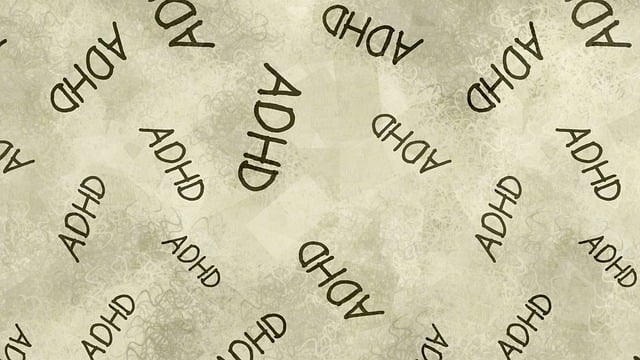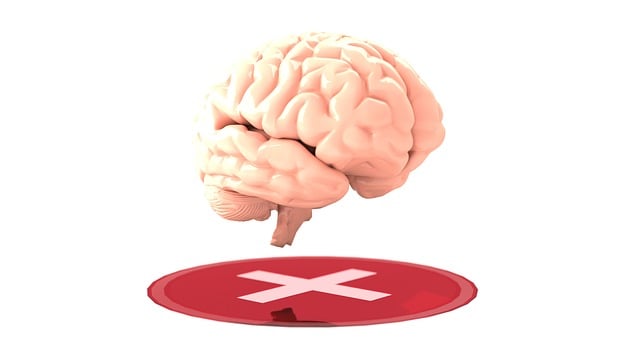Mental wellness groups like Westminster Bipolar Disorder Therapy (WBDT) provide supportive communities for individuals with bipolar disorder, reducing stigma and improving well-being through open dialogue and collaborative problem-solving. Skilled facilitators create safe, engaging environments using active listening, empathy-building, and positive thinking exercises to empower members. WBDT's holistic approach combines group facilitation with community outreach, fostering trust, peer support, and mental health awareness, ultimately enhancing overall mental wellness.
Mental wellness groups offer a unique and supportive space for individuals to share experiences, gain insights, and foster recovery. This article explores effective facilitation techniques for these therapeutic sessions, focusing on strategies inspired by Westminster Bipolar Disorder Therapy. We’ll delve into creating a safe environment, engaging participants, and fostering meaningful connections. By understanding group dynamics, facilitators can guide members toward self-acceptance, resilience, and improved mental wellness.
- Understanding Mental Wellness Groups: Creating a Supportive Environment
- Facilitation Techniques for Engaging and Therapeutic Sessions
- Westminster Bipolar Disorder Therapy: Strategies for Effective Group Leadership
Understanding Mental Wellness Groups: Creating a Supportive Environment

Mental wellness groups offer a unique and powerful environment for individuals to connect, share experiences, and gain support from peers who understand their struggles. These groups play a pivotal role in fostering community and reducing the stigma surrounding mental illness. In the context of Westminster Bipolar Disorder Therapy, facilitating such groups requires creating a safe space where members feel accepted and understood.
By cultivating an atmosphere of non-judgment and empathy, group facilitators can help participants build inner strength and develop coping mechanisms. This supportive environment encourages open dialogue about emotional regulation strategies, fostering a sense of belonging and empowerment among members. Through active listening, guided discussions, and collaborative problem-solving, facilitators contribute to mental illness stigma reduction efforts while enhancing the overall well-being of group members.
Facilitation Techniques for Engaging and Therapeutic Sessions

Effective group facilitation techniques are instrumental in fostering engaging and therapeutic sessions for individuals dealing with mental health challenges, including bipolar disorder. A skilled facilitator can create a safe, supportive environment that encourages active participation. Techniques such as active listening, open-ended questions, and reflective statements foster open dialogue and promote understanding among group members. By employing empathy building strategies, facilitators create a sense of belonging and normalize diverse experiences, helping participants to feel heard and validated.
Incorporating positive thinking exercises and emotional healing processes can significantly enhance the therapeutic impact. Facilitators can guide sessions with activities that challenge negative thought patterns and promote healthier perspectives. These practices, combined with a structured yet flexible agenda, enable group members to navigate complex emotions and gain valuable insights from shared experiences. The ultimate goal is to empower individuals to manage their mental wellness effectively within a supportive community setting, such as those offered by Westminster Bipolar Disorder Therapy.
Westminster Bipolar Disorder Therapy: Strategies for Effective Group Leadership

The Westminster Bipolar Disorder Therapy (WBDT) offers unique strategies for group facilitation, emphasizing a holistic approach to mental wellness. Effective leadership in this context requires a deep understanding of emotional intelligence, enabling facilitators to navigate complex dynamics within the group. By fostering an environment of trust and empathy, leaders can encourage members to share their experiences openly, enhancing peer support and self-care practices.
WBDT facilitates the implementation of community outreach programs, where participants actively engage in initiatives that promote mental health awareness. This not only empowers individuals with bipolar disorder but also educates the wider community, reducing stigma and fostering a supportive network. Facilitators play a pivotal role in organizing these activities, ensuring they are inclusive and cater to diverse needs, ultimately contributing to improved overall mental wellness.
Mental wellness group facilitation is a powerful tool, especially in addressing conditions like bipolar disorder. Techniques outlined, including those from Westminster Bipolar Disorder Therapy, emphasize creating safe spaces and fostering engaging discussions. By implementing these strategies, facilitators can enhance therapeutic outcomes, improve mental health literacy, and ultimately support individuals navigating their journeys towards well-being.
